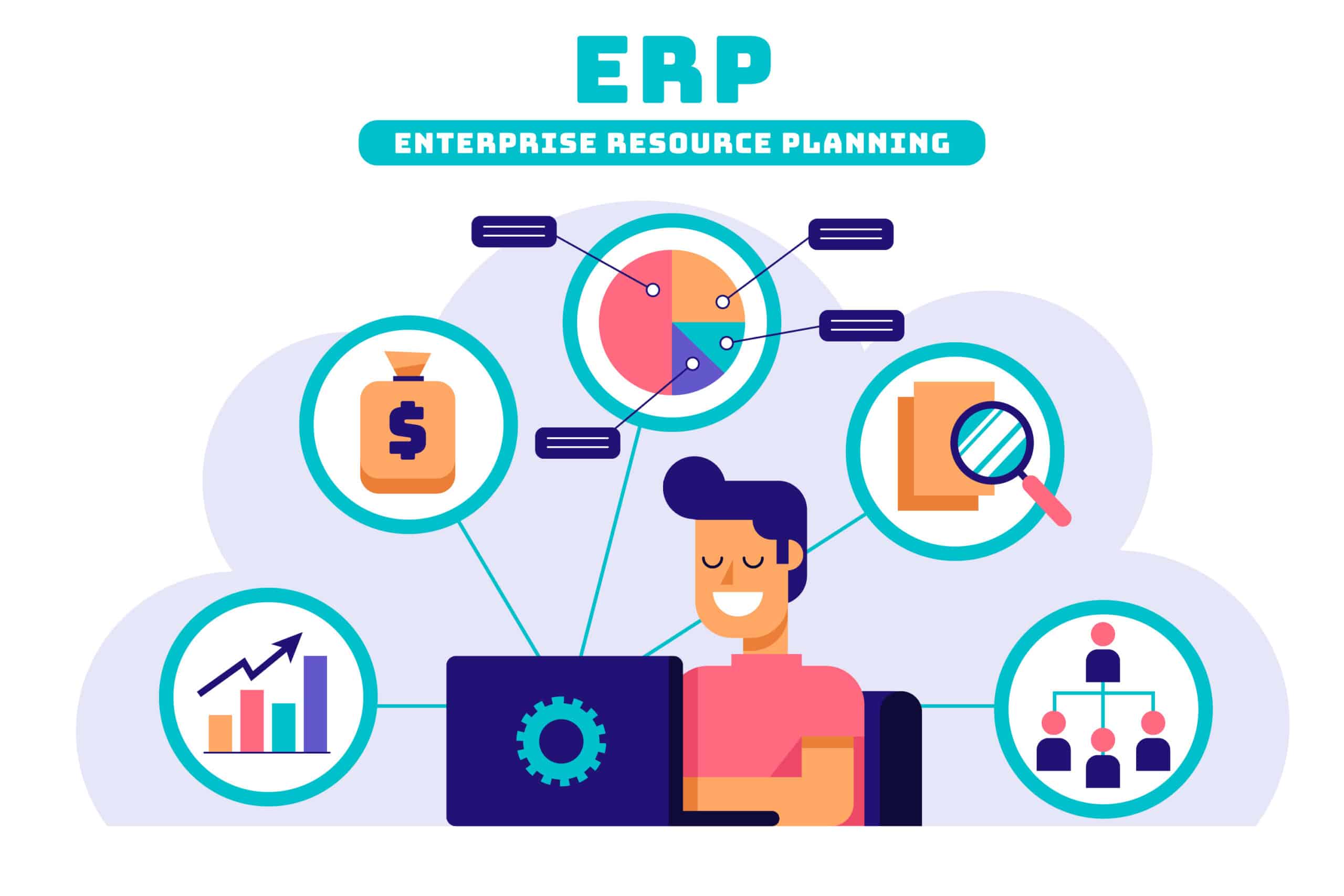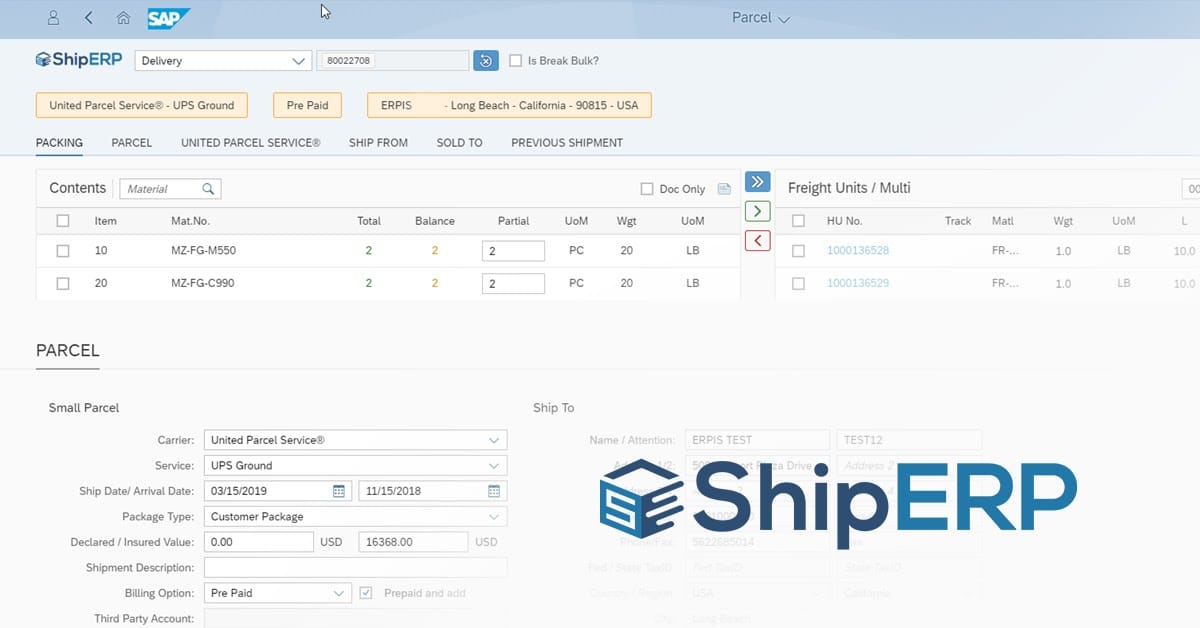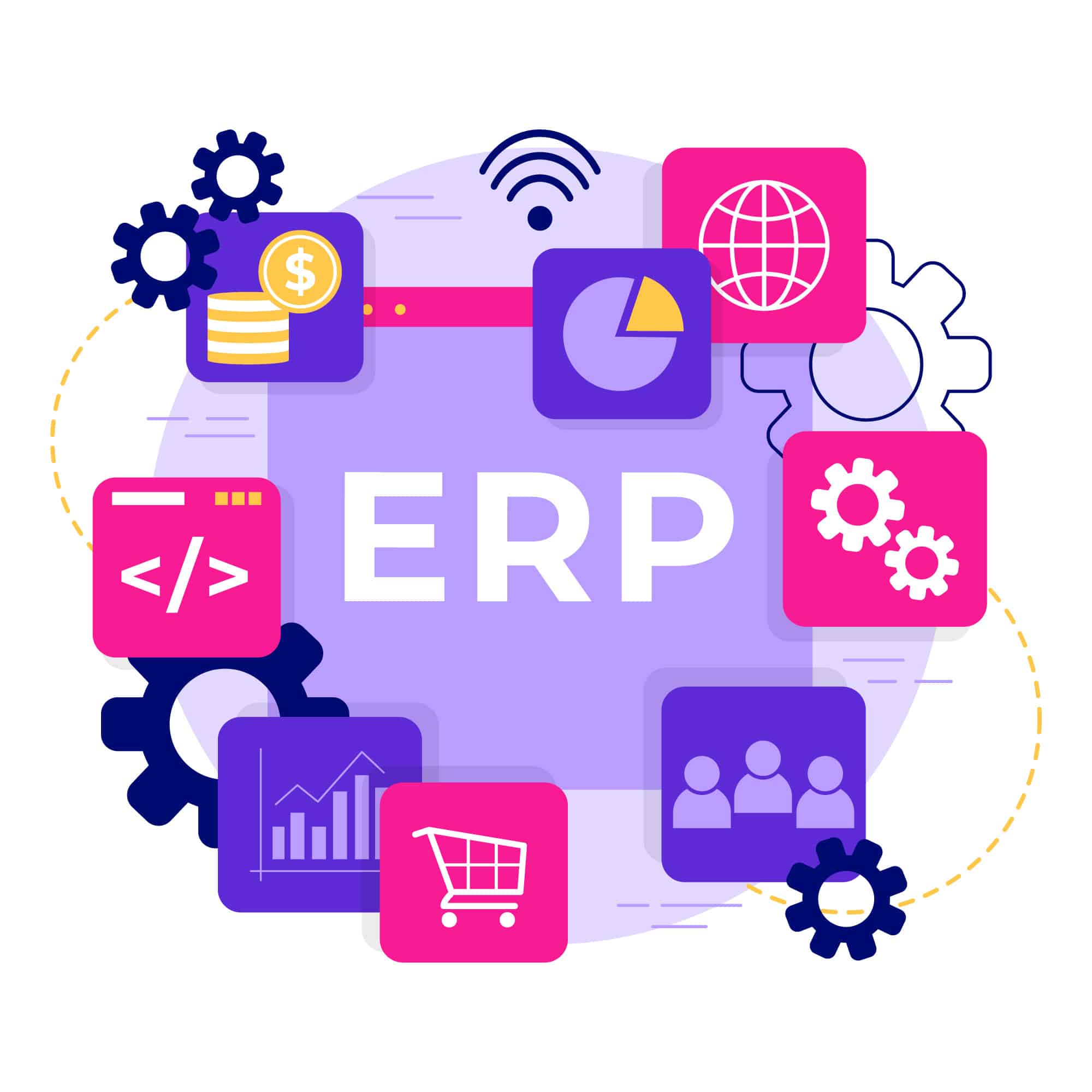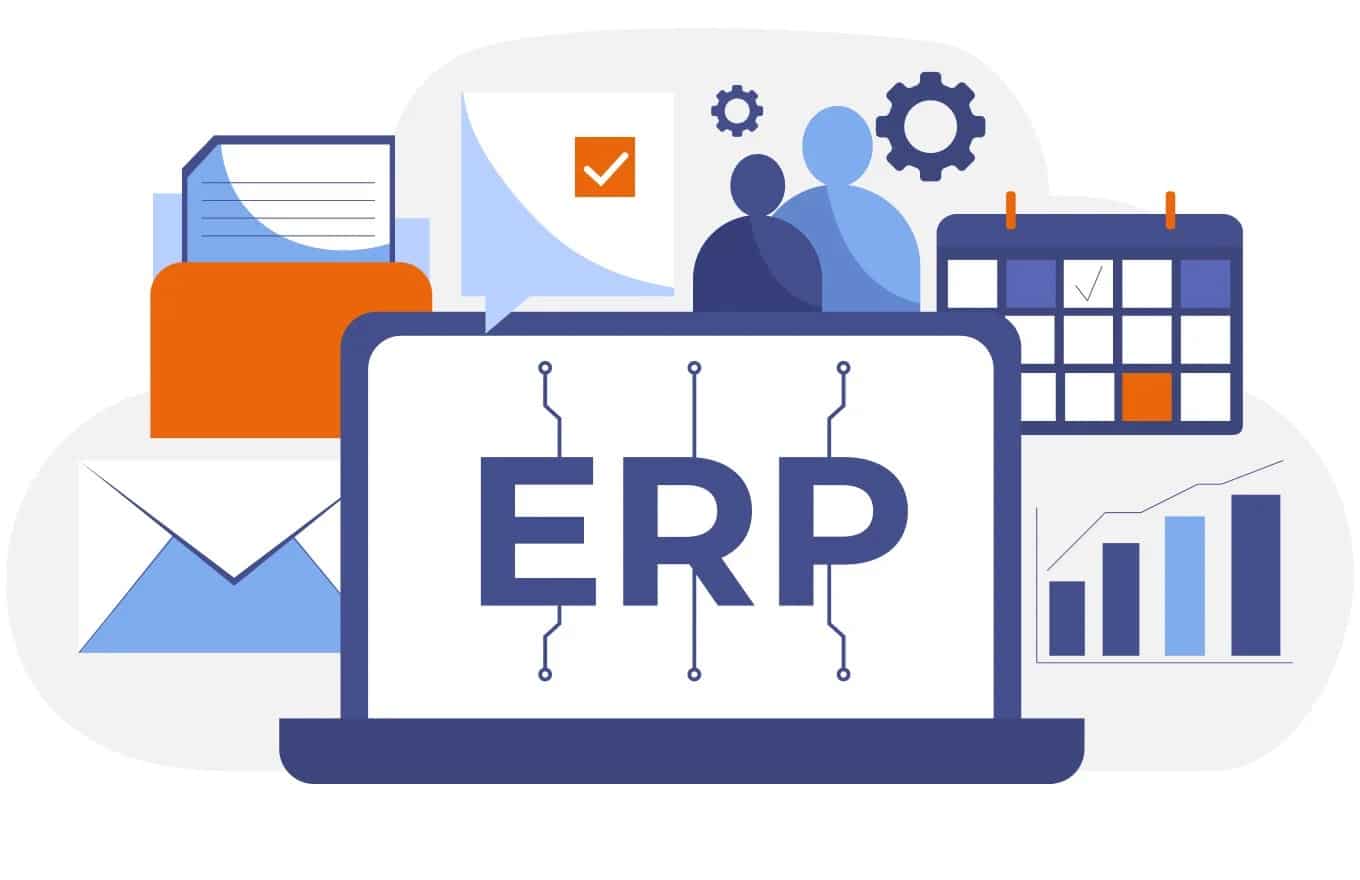In today’s rapidly evolving business landscape, the need for agility and adaptability has become paramount. This is where flexible erp software comes into play, revolutionizing the way companies operate. But what exactly is flexible ERP software, and why is it crucial for modern business operations? In this article, we will delve into the essence of flexible ERP software, explore its significance, and provide you with valuable insights to make informed decisions for your business.
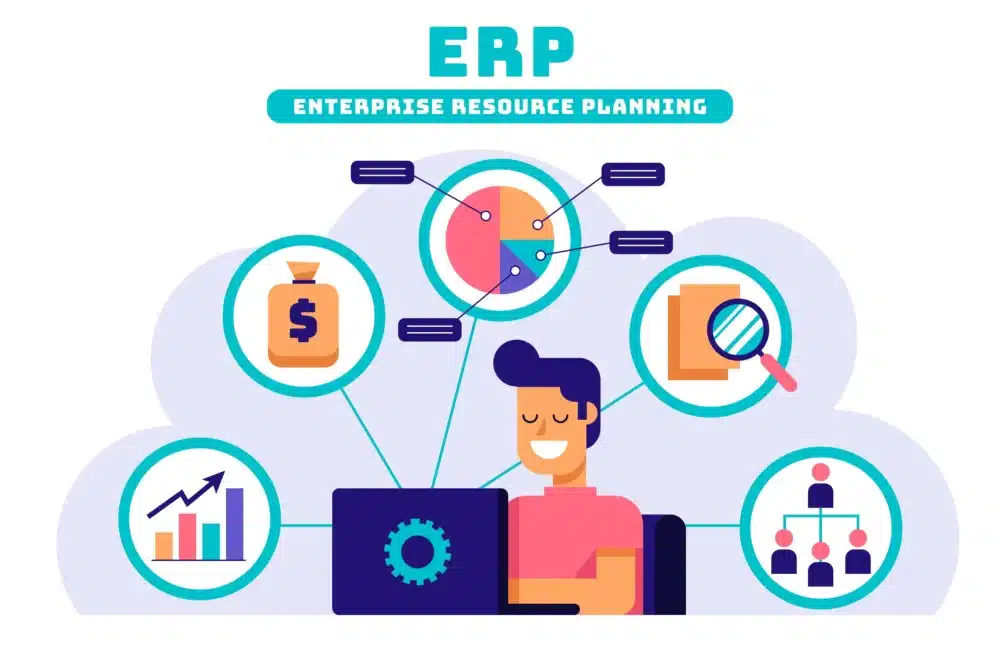
Defining Flexible ERP Software
Flexible ERP software refers to an enterprise resource planning system that can be easily tailored and customized to meet the specific needs and requirements of a business. Unlike traditional rigid ERP solutions, flexible ERP software empowers organizations to adapt and scale their operations seamlessly. It serves as a comprehensive suite of integrated applications that enable efficient management of various business functions, including finance, human resources, supply chain, and more.
The Significance of Flexible ERP Software
In today’s dynamic business environment, change is inevitable. Companies must be equipped with tools that allow them to swiftly respond to market shifts, customer demands, and internal adjustments. This is where flexible ERP software shines, offering businesses the ability to adapt and evolve without disruptions. By providing real-time data, streamlined processes, and advanced analytics, flexible ERP software equips decision-makers with the insights needed to drive growth and maintain a competitive edge.
Objective of the Article
The objective of this article is twofold. Firstly, we aim to highlight the benefits of adopting flexible ERP software, showcasing how it can transform your business operations and optimize efficiency. Secondly, we will guide you through the key features to consider when choosing a flexible ERP solution, enabling you to make an informed decision that aligns with your business objectives.
Now that we have established the essence and importance of flexible ERP software, let us delve deeper into the remarkable benefits it offers. Join me on this enlightening journey, and let’s unlock the potential of flexible ERP software together.
Benefits of Flexible ERP Software
In today’s fast-paced business landscape, staying ahead of the competition requires businesses to be agile and adaptable. Flexible ERP software offers a multitude of benefits that empower organizations to thrive in this dynamic environment. Let’s explore some of the key advantages of adopting flexible ERP software:
Enhanced Scalability and Adaptability
One of the primary benefits of flexible ERP software is its ability to scale and adapt to the changing needs of a business. As your company grows and evolves, the software can easily accommodate increased data volumes, users, and business processes. This scalability ensures that your ERP system remains effective and efficient, regardless of your organization’s size or future expansion plans. Additionally, the flexibility of the software allows you to customize and tailor it to suit your unique business requirements, ensuring optimal performance and seamless integration with existing systems.
Increased Operational Efficiency and Productivity
Flexible ERP software streamlines and automates various business processes, leading to enhanced operational efficiency and productivity. By centralizing data and eliminating manual, time-consuming tasks, employees can focus on high-value activities that drive growth. This efficiency boost leads to faster response times, reduced errors, and improved overall productivity. Additionally, the software facilitates collaboration and communication across departments, enabling seamless information sharing and cross-functional visibility.
Improved Decision-Making through Real-Time Data Analysis
In today’s data-driven world, making informed decisions is crucial for business success. Flexible ERP software provides real-time data analysis capabilities, empowering decision-makers with accurate, up-to-date information. By accessing key metrics and performance indicators, you can gain valuable insights into various aspects of your business, from inventory management to sales trends. These insights enable you to make data-backed decisions, identify opportunities, mitigate risks, and optimize your business strategies.
Cost Savings through Streamlined Processes and Reduced Manual Errors
Flexible ERP software promotes cost savings by eliminating redundant processes and reducing manual errors. The automation of routine tasks minimizes the risk of human error, ensuring data accuracy and integrity. Additionally, streamlined processes improve operational efficiency, reducing the need for excessive manpower and manual interventions. This efficiency translates into cost savings as resources can be allocated more effectively, leading to optimized workflows and reduced operational expenses.
By leveraging the benefits of flexible ERP software, businesses can unlock their true potential, achieve operational excellence, and drive sustainable growth. In the next section, we will explore the key features to consider when selecting a flexible ERP solution that aligns with your organization’s needs and goals. So, let’s continue our journey towards maximizing your business’s potential with flexible ERP software.
Key Features of Flexible ERP Software
In this section, we will explore the key features that make flexible ERP software a game-changer for modern businesses. These features empower organizations to customize their ERP systems, integrate with other software, provide a user-friendly experience, leverage advanced reporting and analytics tools, and choose the deployment option that best suits their needs.
Customizable Modules and Workflows
One of the standout features of flexible ERP software is its ability to adapt to the unique requirements of each business. With customizable modules and workflows, companies can tailor the ERP system to match their specific processes and workflows. This flexibility ensures that the software aligns perfectly with the organization’s operations, optimizing efficiency and productivity.
Integration Capabilities with Third-Party Systems
Collaboration and integration are crucial in today’s interconnected business landscape. Flexible ERP software offers seamless integration capabilities with third-party systems, such as CRM software, inventory management systems, and e-commerce platforms. This integration eliminates data silos and allows for smooth information flow across various departments, enabling a holistic view of the business and improving decision-making.
User-Friendly Interface and Accessibility
Ease of use and accessibility are essential factors in maximizing the benefits of an ERP system. Flexible ERP software provides a user-friendly interface that simplifies navigation and empowers users to quickly and effortlessly perform tasks. Additionally, it offers accessibility across multiple devices, including mobile devices and tablets, allowing users to access critical information and perform tasks on the go.
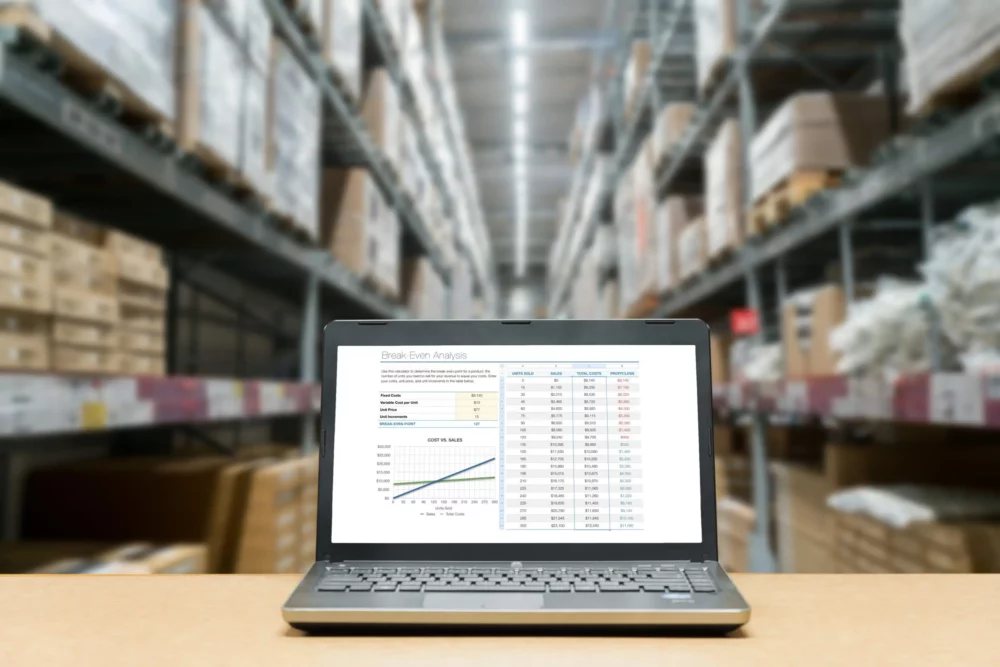
Advanced Reporting and Analytics Tools
Data is the lifeblood of modern businesses, and flexible ERP software recognizes this by providing advanced reporting and analytics tools. These tools enable companies to generate real-time reports, visualize data through interactive dashboards, and gain valuable insights into their operations. By leveraging these tools, organizations can make data-driven decisions, identify trends, and proactively address issues, ultimately driving growth and profitability.
Cloud-Based or On-Premise Deployment Options
Flexible ERP software caters to the diverse needs of businesses by offering both cloud-based and on-premise deployment options. Cloud-based deployment provides the advantage of accessibility, scalability, and reduced IT infrastructure costs. On the other hand, on-premise deployment offers greater control and customization for businesses with specific security or regulatory requirements. The choice between these deployment options depends on the unique needs and preferences of the organization.
By incorporating these key features into their ERP systems, businesses can harness the full potential of flexible ERP software. In the next section, we will delve into the factors you should consider when selecting a flexible ERP solution that aligns with your business requirements.
Factors to Consider when Choosing Flexible ERP Software
When it comes to selecting the right flexible ERP software for your business, several crucial factors should be taken into consideration. By carefully assessing these aspects, you can ensure that the chosen solution aligns perfectly with your unique requirements and sets the stage for future growth. Let’s explore the key factors that should be on your radar:
Business Requirements and Scalability
The first step in choosing flexible ERP software is understanding your business needs and goals. Evaluate your current processes, identify pain points, and determine the specific functionalities you require. Additionally, consider the scalability of the ERP system. Will it accommodate your future growth plans? Ensure that the software can adapt to your evolving business landscape and support your long-term objectives.
Integration Capabilities with Existing Systems
Efficient integration with your existing systems is vital for a seamless workflow and data synchronization. Evaluate the ERP software’s compatibility with your current infrastructure, such as CRM, e-commerce platforms, or manufacturing systems. A flexible ERP solution should have robust integration capabilities, enabling smooth data exchange between different systems for enhanced operational efficiency.
Cost and Budget Considerations
Cost is a significant factor in any software selection process. Evaluate the pricing models offered by different vendors and consider the total cost of ownership, including implementation, training, and maintenance expenses. Take into account the scalability of the pricing structure and ensure that it aligns with your budget constraints. Remember, investing in a reliable and adaptable ERP solution is a long-term investment in your business’s success.
Vendor Reputation and Customer Support
Choosing a reputable ERP software vendor is crucial for a successful implementation. Research the vendor’s track record, industry expertise, and customer reviews. Assess their level of customer support and the availability of ongoing assistance. A reliable vendor will provide comprehensive training, regular updates, and responsive technical support, ensuring a smooth transition and continuous optimization of your ERP system.
Security and Data Privacy Features
As data breaches become more prevalent, safeguarding your business’s sensitive information is paramount. Evaluate the security measures implemented by the ERP software, such as data encryption, access controls, and disaster recovery protocols. Ensure that the software complies with industry standards and regulations to protect your data and maintain customer trust.
By considering these factors when selecting your flexible ERP software, you can make an informed decision that aligns with your business objectives, enhances your operations, and paves the way for future success. Now that we have explored the crucial factors to consider, let’s move on to the exciting realm of successful implementation stories in the next section.
Case Studies: Successful Implementation of Flexible ERP Software
In this section, we will dive into real-life examples of companies that have successfully implemented flexible ERP software, showcasing the tangible benefits they have reaped. These case studies serve as powerful testimonials, demonstrating how businesses can leverage the power of flexible ERP software to achieve remarkable results. Let’s explore these success stories and witness the transformative impact of flexible ERP solutions.
Example 1: Company XYZ Improves Operational Efficiency with Flexible ERP Software
Company XYZ, a leading manufacturing firm, was grappling with inefficiencies in their operations due to outdated and disconnected systems. They recognized the need for a more streamlined approach and decided to implement flexible ERP software. By customizing the ERP modules to align with their unique processes, Company XYZ witnessed a significant improvement in operational efficiency. The automation of key tasks, such as inventory management and production planning, reduced manual errors and accelerated their workflows. As a result, they experienced enhanced productivity, faster order fulfillment, and improved customer satisfaction.
Example 2: How Company ABC Achieved Cost Savings through Customized ERP Modules
Company ABC, a global retail giant, faced challenges in managing their extensive supply chain network efficiently. They turned to flexible ERP software and customized the modules to match their complex supply chain processes. The implementation enabled them to gain real-time visibility into their inventory levels, demand patterns, and supplier performance. With this valuable data at their fingertips, Company ABC optimized their procurement strategies, reducing excess inventory, minimizing stockouts, and negotiating better deals with suppliers. This, in turn, resulted in substantial cost savings and improved overall profitability.
Example 3: Case Study on Company DEF’s Seamless Integration of Flexible ERP Software with Existing Systems
Company DEF, a rapidly growing technology startup, had a range of disparate systems that hindered their ability to have a unified view of their operations. They decided to implement flexible ERP software that seamlessly integrated with their existing systems. This integration allowed for the seamless flow of data across departments, eliminating the need for manual data entry and reducing the risk of errors. As a result, Company DEF experienced enhanced collaboration, improved data accuracy, and faster decision-making. The ability to access real-time insights enabled them to scale their operations efficiently and adapt to changing market demands swiftly.
These case studies highlight the immense potential of flexible ERP software in driving operational excellence, cost savings, and seamless integration. By implementing a tailored and adaptable ERP solution, businesses can unlock new levels of success and stay ahead of the competition. Now that we have witnessed the transformative power of flexible ERP software through these real-world examples, let’s move forward and explore the factors to consider when choosing the right solution for your business.

Conclusion
In conclusion, flexible ERP software has emerged as a game-changer for modern businesses, empowering them to navigate the ever-changing landscape with ease. By providing customizable modules, integration capabilities, user-friendly interfaces, and advanced analytics tools, flexible ERP software equips organizations with the agility and adaptability needed to stay ahead of the curve.
The benefits of flexible ERP software are undeniable. From enhanced scalability and operational efficiency to improved decision-making and cost savings, businesses can harness the power of this technology to streamline their processes and drive sustainable growth.
When choosing a flexible ERP solution, it is crucial to consider factors such as business requirements, integration capabilities, cost, vendor reputation, and security features. By carefully evaluating these aspects, you can select the right software that aligns with your unique needs and future aspirations.
At dtrick.net, we understand the significance of flexible ERP software in revolutionizing businesses. Our team of experts is dedicated to providing you with the most up-to-date information, practical insights, and comprehensive solutions to help you thrive in today’s dynamic business environment.
Embrace the power of flexible ERP software and unlock the true potential of your business. Discover how erp.vdict.pro can be your trusted partner on this transformative journey. Contact us today and take the first step towards a more agile, efficient, and successful future.

